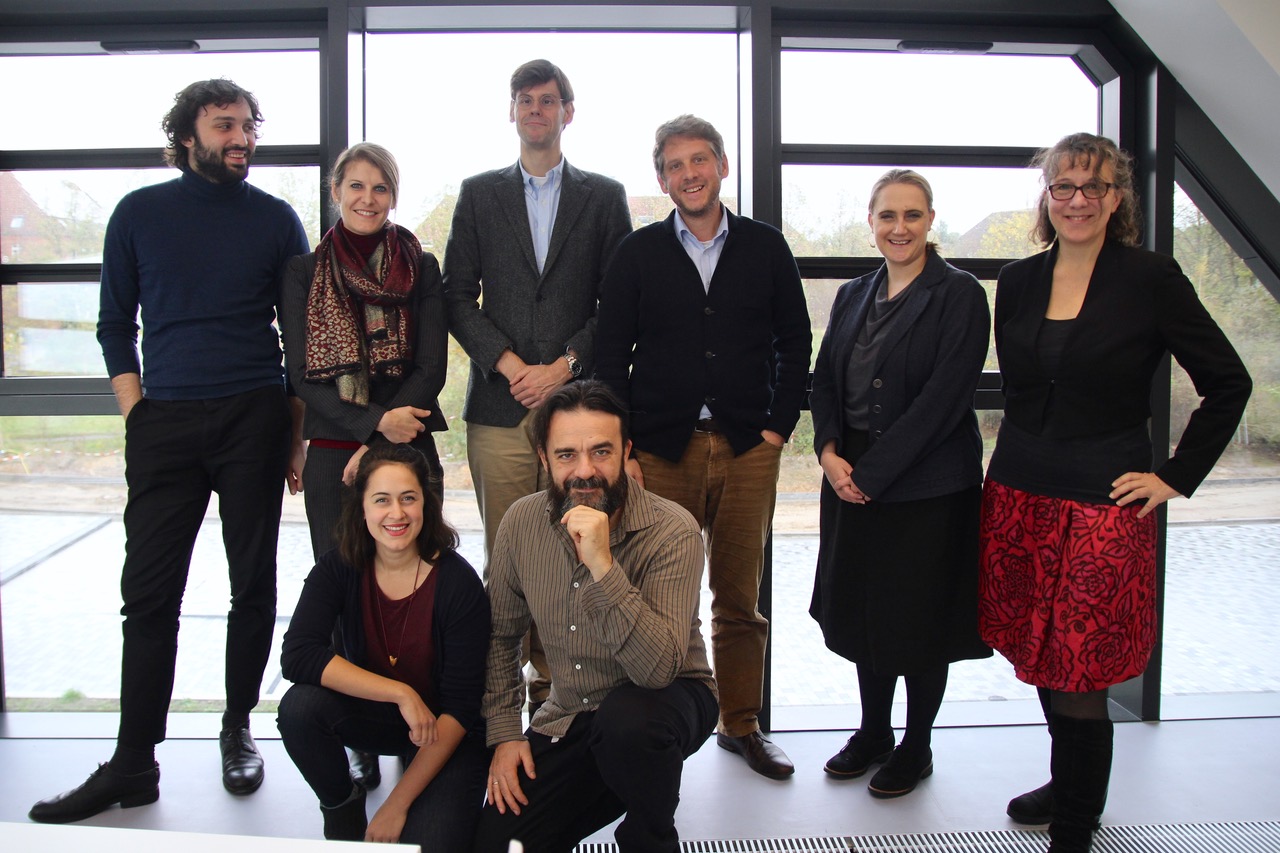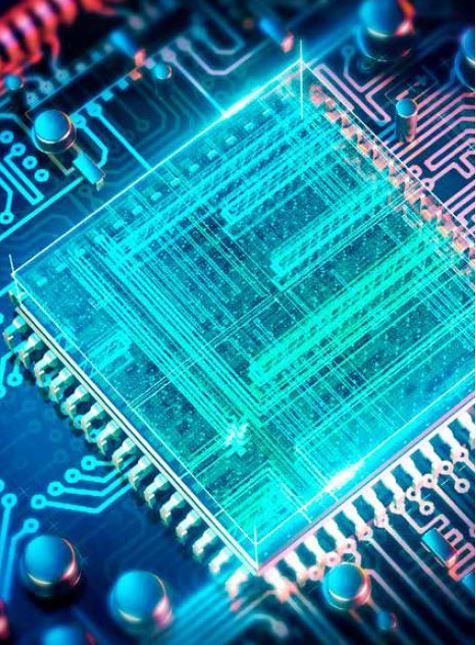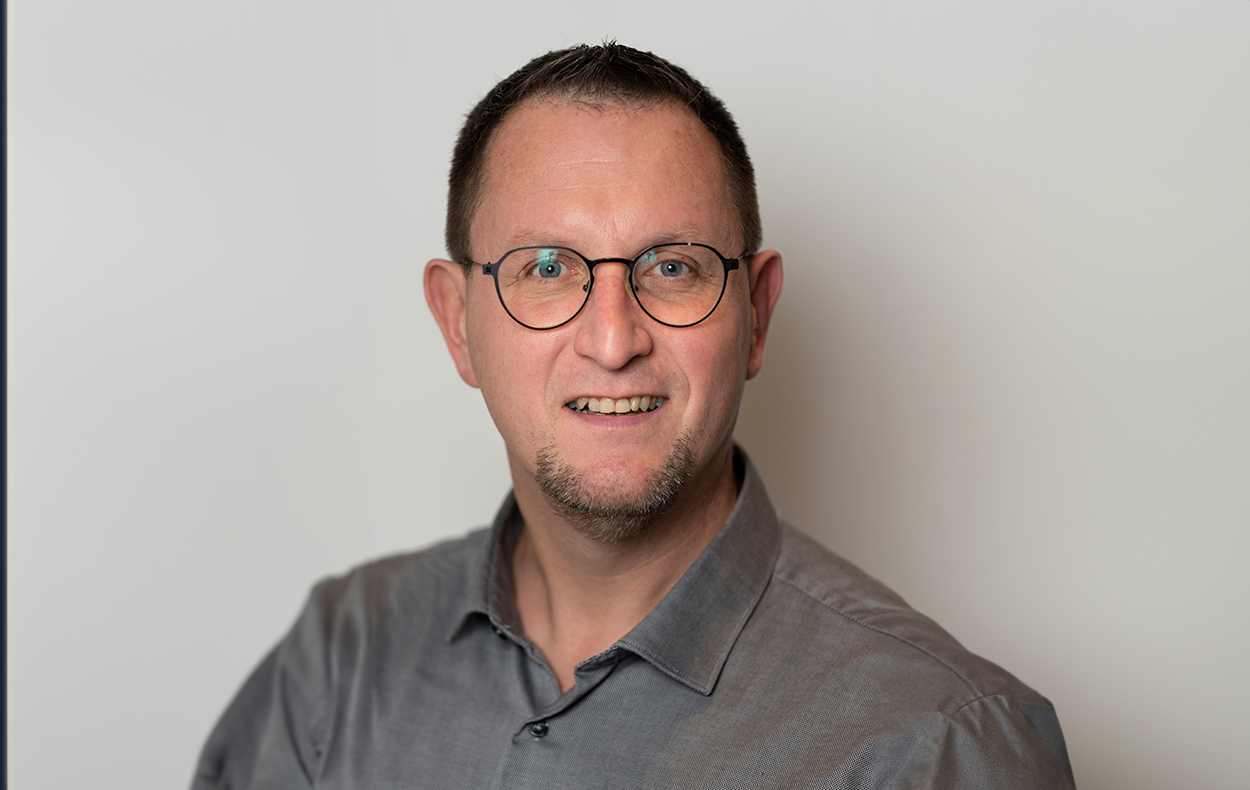UCM takes part in EU-project to promote Liberal Arts and Sciences
University College Maastricht (UCM) is taking part in a three year Erasmus+ project called ‘Creating Responsive, Engaging And Tailored Education with Students’ (CREATES). The project promotes Liberal Arts and Sciences in Europe and stimulates cooperation between European universities.
Together with King’s College in London, Science Po in Paris, Scuola Superiore Sant’Anna in Pisa, University College in Freiburg and Leuphana University in Lüneburg, UCM will publish several best practices regarding academic advising and activating education and share this through congresses and training events.
UCM’s vision
University College Maastricht’s vision is that college students should be in control of their own education. If they can freely pursue their own interests and questions, both in their curriculum and in the classroom, they will be more engaged, work better and achieve better results.
“Regrettably, this is still a rare approach in European higher education”, says Prof. Teun Dekker, who became Europe’s first Professor of Liberal Arts and Sciences Education this year. “That is why UCM has teamed up with five other European Bachelor’s programmes that share UCM’s belief in personalized education, to exchange best practices and inspire other universities to adopt this philosophy. Over the next three years, UCM staff-members will work together with colleagues from the other partners to develop toolkits for making students more active in the classroom and for helping them make better choices about their education.”

- The European Committee has awarded a grant of €425,137 to the CREATES project
- Official launch of the project: October 31st in Lüneburg
- Prof. Teun Dekker (UCM) became Europe’s first Professor of Liberal Arts and Sciences Education in July 2017
University College Maastricht
Toolkits
These toolkits will be presented to other university programmes during a series of conferences, including one on academic advising, which will be held in Maastricht in 2020. Teachers, advisors and students will be taught to work with these toolkits during a series of international training events.
According to Prof. Dekker the CREATES-project is a breakthrough in European liberal arts-education: “All partners in this project provide responsive, engaging and tailored education and have extensive experience with it. Together, they form a genuine European community of practice that is at the forefront of educational innovation.”
Erasmus+
Erasmus+ offers a range of opportunities for European organizations to access funding for education, training, youth and sport activities. Erasmus+ also supports transnational partnerships among education, training and youth institutions and organizations to foster cooperation and bridge the worlds of education and work in order to tackle the skills gaps in Europe.
Relevant links
Go to the UCM website
Join UCM on Facebook
Follow UCM on Instagram
Also read
-
Programming quantum computers, like the quantum computer itself, is still in its early stages. Quantum computing researchers tend to be physicists, mathematicians, or computer scientists who have a special interest in the mathematical framework of quantum mechanics.
-
Atoms and smaller elementary particles behave in unusual, sometimes unpredictable ways. It sounds strange, but it is this unpredictability that gives a quantum computer its power. Executing precise calculations with previously unheard-of possibilities in a way that physicists still do not completely...
-
Gerco Onderwater investigates the flavour of the universe while guarding the flavour of the Maastricht Science Programme. On 31 May, during his inaugural lecture, he provided a pre-taste of his work in Maastricht.

